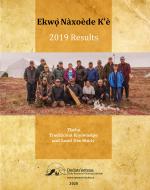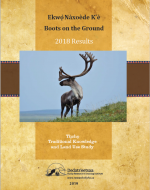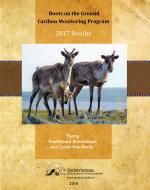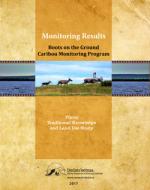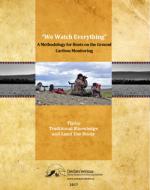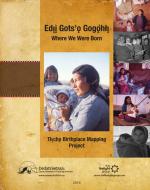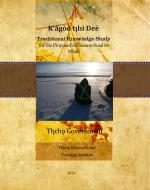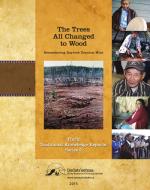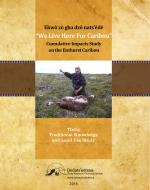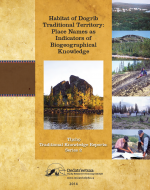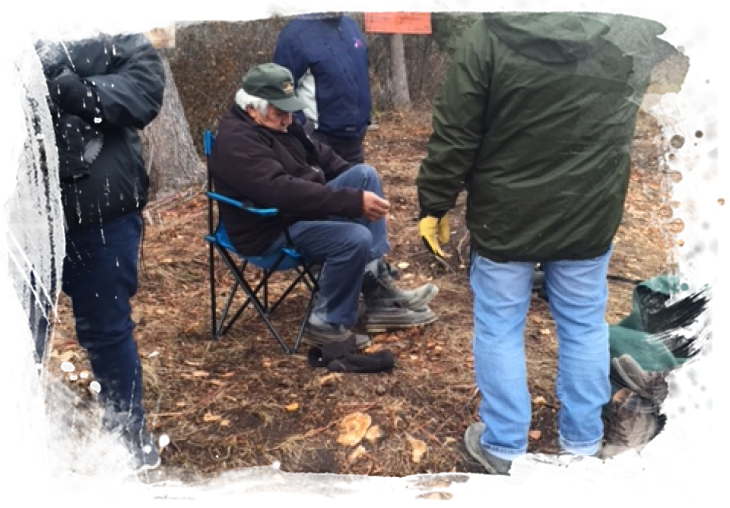The Tłı̨chǫ Research & Training Institute of the Department of Culture and Lands Protection of the Tłı̨chǫ Government is pleased to announce our publishing program. Tłı̨chǫ Traditional Knowledge Reports will be printed in limited quantities and distributed to offices and schools within our region, as well as to interested organizations. These publications will also be made available on-line and will be downloadable at this site.
This Reports series is an important initiative of the Tłı̨chǫ Research & Training Institute to bring together and make easily accessible valuable studies based on Tłı̨chǫ traditional knowledge, and land use.

